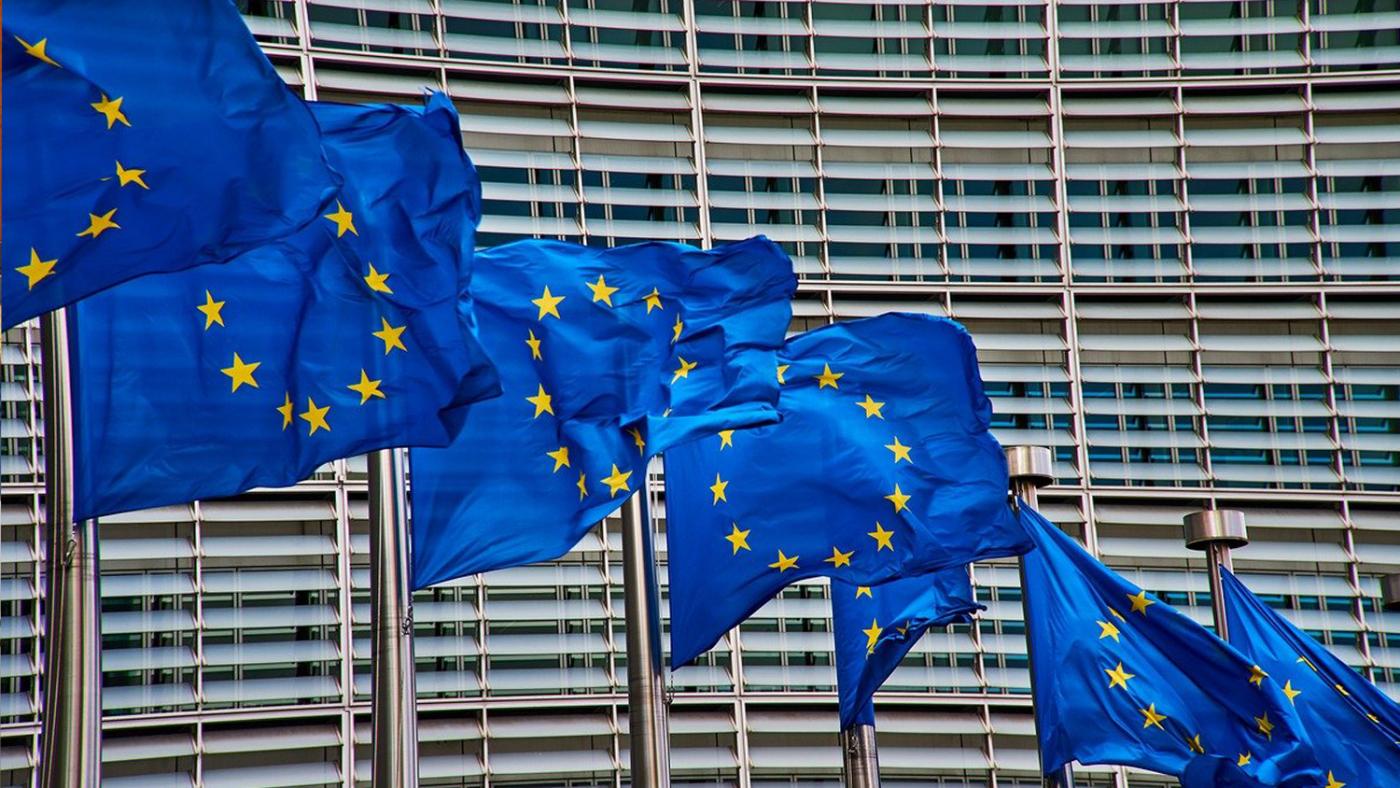European elections
Academies: Europe must protect free science

The elections for the European Parliament will happen in a month and its results will influence the course of the European Union (EU) over the next five years. Which parties will have the biggest say in the European Parliament?
In the field of science, internationalisation is a major issue. After a series of incidents involving China and the war in Ukraine, some European member states now look at international cooperation and the exchange of researchers and students with distrust.
In the Netherlands, there are plans to screen international students and scientists more strictly. Countries like Germany are also working on restrictions. The door is not yet locked, but as the European Commission puts it, cooperation with China is “increasingly nuanced and transactional”. Other countries are also coming under the magnifying glass.
Trump card
That heightened distrust appears to be one of the reasons for a joint statement signed by the academies of science of the 27 EU member states, including KNAW. In their view, international cooperation and the exchange of knowledge, researchers and students are among the European Union’s most important trump cards.
They believe policymakers should not raise barriers, but rather protect academic freedom and the exchange of people and information. Scientists and students should be able to do their work “under safe conditions, at all times”.
In addition, they advocate investment in science. Member states should allocate 3 percent of their GDP to research and development. In her contribution to a press conference announcing the statement, KNAW president Marileen Dogterom pointed out that the Netherlands has not yet achieved this figure.
Climate, migration, food
The academies list some of the “challenges” member states are being confronted with, such as climate change, loss of biodiversity, international migration, food security, energy transition and so on. These can only be tackled through a trustful dialogue between science, politics, civil society and economic actors. A dialogue in which all disciplines need to be involved, Dogterom stressed.
One audience member raised the question of the military and geopolitical situation: how can science be open and free in a world with so many threats? Scientists should not be naive, Dogterom replied, and always look carefully at who they are collaborating with. They should also assess whether their research could have military applications. Nevertheless, she still believes that openness should be the starting point as that is the way to find solutions faster. “We have to find the right balance”, she asserted, “otherwise, we are not doing ourselves any favours”.